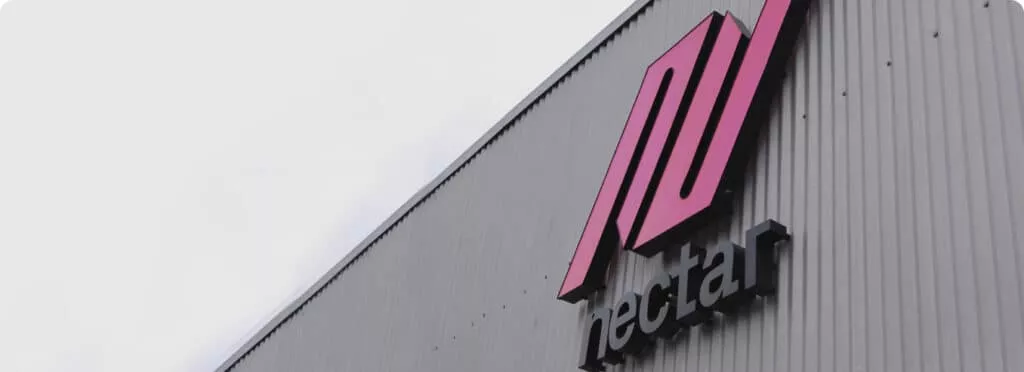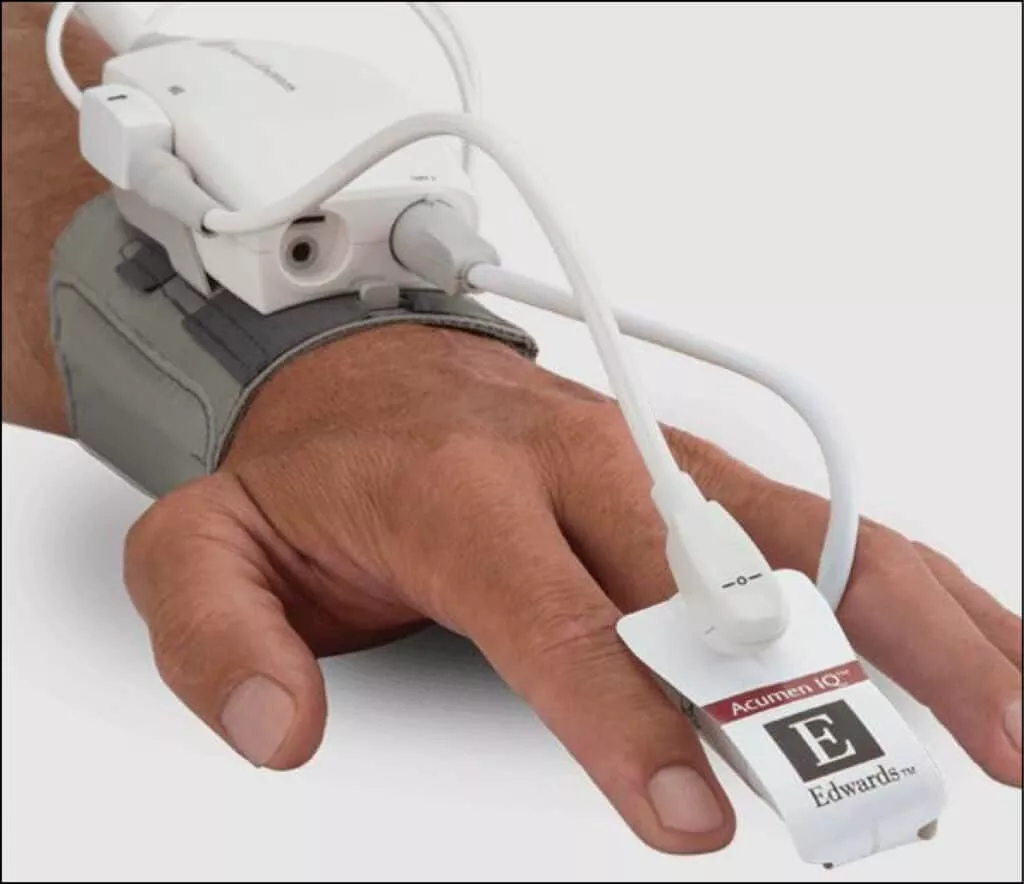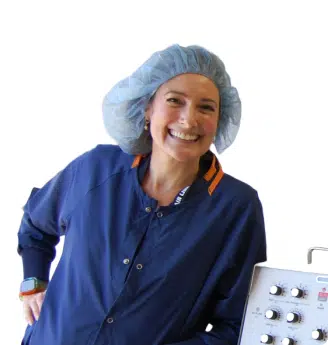Introduction to Medical Internet of Things (Medical IoT)
This evolution is marked by the integration of smart devices and sensors that enable remote patient monitoring, real-time data collection, and advanced diagnostic capabilities. The Medical IoT empowers patients and healthcare providers alike by facilitating more efficient and personalized care, reducing hospital stays, and improving patient outcomes. This interconnected network of medical devices and data-driven insights is revolutionizing healthcare delivery, paving the way for digital care and innovative home health solutions that cater to the changing landscape of modern healthcare.
How is the healthcare sector being transformed by the emergence of the Medical Internet of Things (Medical IoT) within the rapidly expanding realm of the Internet of Things (IoT)?
The healthcare sector is undergoing a profound transformation with the advent of the Medical Internet of Things (Medical IoT) within the rapidly expanding realm of the Internet of Things (IoT). This evolution is marked by the integration of smart devices and sensors that enable remote patient monitoring, real-time data collection, and advanced diagnostic capabilities. The Medical IoT empowers patients and healthcare providers alike by facilitating more efficient and personalized care, reducing hospital stays, and improving patient outcomes. This interconnected network of medical devices and data-driven insights is revolutionizing healthcare delivery, paving the way for digital care and innovative home health solutions that cater to the changing landscape of modern healthcare.
The Evolution of Healthcare through IoT Connectivity
In the pre-IoT era, patient care was largely confined to in-person visits and manual record-keeping practices. The advent of IoT has revolutionized clinical care by incorporating an array of innovative technologies. From sensors and RFID to wearable devices equipped with cutting-edge diagnostic tools, IoT has catalyzed a profound transformation in healthcare delivery. This transformation not only benefits patients but also empowers healthcare providers, unlocking a new era of engagement and interaction. The resultant advantages include more precise and efficient care, diminished hospitalization periods, and fewer readmissions. The accessibility to real-time patient data fosters proactive health monitoring, ushering in an era of preventive care. The impact of Medical IoT extends beyond improved patient outcomes, also yielding substantial reductions in healthcare costs.
Navigating Challenges and Security in Medical IoT
The proliferation of advanced Medical IoT products has ushered in a wealth of opportunities, underpinned by the deluge of data generated by these devices. Yet, amidst this data-driven revolution, concerns arise about patient data security and adherence to HIPAA compliance. The seamless exchange of sensitive information among interconnected devices necessitates vigilant attention to maintaining data integrity and safeguarding patient privacy.
Engineering Excellence for Secure Medical IoT Devices
Crafting sophisticated medical devices introduces unique challenges, requiring engineers to meld intelligent operating systems with stringent security measures. These challenges are further accentuated in critical control systems. The endeavor to harness the digital prowess of intricate devices for data transmission, monitoring, and analysis necessitates expertise in integrated engineering and a comprehensive understanding of ISO 13485, IISO/IEC 27001:2022, and 62304 standards.
At Nectar, our accomplished engineers possess a proven track record in the development of medical IoT devices. Our holistic approach encompasses the integration of diverse systems and subsystems across all levels. Leveraging technologies like sensors, RFID, BLE, data analytics software, and advanced user interfaces, we adhere to a user-centric design philosophy complemented by our ISO 13485 and ISO 27001 QMS. This enables us to traverse the entire spectrum of Medical IoT development – spanning hardware, software engineering, and user interface design. The result is the creation of cutting-edge, secure, and innovative medical devices that redefine healthcare standards.
ISO/IEC 27001:2022: Enhancing Security in Medical IoT
ISO 27001 is a critical component of our approach to developing secure medical IoT solutions. This international standard provides a framework for information security management systems (ISMS), ensuring that organizations have robust security controls and practices in place to protect sensitive information, including patient data.
In the context of Medical IoT, ISO/IEC 27001:2022 plays a pivotal role in:
- Data Security: ISO 27001 helps us establish rigorous data security protocols to safeguard patient information. Encryption, access controls, and data encryption are some of the measures we employ to ensure data confidentiality and integrity.
- Risk Assessment: ISO 27001 requires organizations to conduct thorough risk assessments. This is particularly important in the context of Medical IoT, where the interconnected nature of devices poses unique security challenges. By identifying and mitigating potential risks, we enhance the overall security posture of our solutions.
- Compliance: Compliance with ISO 27001 demonstrates our commitment to data security and regulatory compliance. It provides assurance to our clients and partners that our medical IoT solutions adhere to the highest standards of security.
- Continuous Improvement: ISO 27001 promotes a culture of continuous improvement in security practices. We regularly assess and enhance our security measures to adapt to evolving threats and vulnerabilities.
By integrating ISO/IEC 27001:2022 into our development process, we ensure that security is a fundamental aspect of our Medical IoT solutions. This proactive approach not only protects patient data but also enhances the reliability and trustworthiness of our devices.
The Power of Data-Driven Insights
One of the remarkable aspects of the Medical IoT is its ability to harness the power of data-driven insights. In traditional healthcare settings, patient data was often siloed, making it challenging to gather comprehensive information about an individual’s health. However, with the integration of IoT devices, data can be collected continuously and in real-time.
Imagine a patient with a chronic medical condition equipped with wearable IoT devices. These devices can monitor vital signs, activity levels, and even detect anomalies. The data generated by these devices is transmitted securely to healthcare providers, allowing for proactive interventions. If a patient’s vital signs deviate from the norm, healthcare professionals can receive immediate alerts, enabling them to take timely action. This level of proactive care can prevent medical emergencies, reduce hospitalizations, and enhance the overall quality of life for patients.
Moreover, the aggregation of data from multiple patients can lead to valuable insights at the population level. Researchers and healthcare organizations can analyze vast datasets to identify trends, correlations, and potential risk factors for specific health conditions. This information can inform public health initiatives, improve disease management strategies, and contribute to the development of more effective treatments.
Telemedicine and Remote Patient Monitoring
The Medical IoT has ushered in the era of telemedicine and remote patient monitoring. Telemedicine allows patients to connect with healthcare providers virtually, eliminating the need for in-person visits, particularly for routine check-ups and consultations. This not only enhances convenience for patients but also reduces the burden on healthcare facilities.
Remote patient monitoring, enabled by IoT devices, extends this concept further. Patients can use wearable sensors to monitor their health parameters from the comfort of their homes. Healthcare providers can access this data in real-time, enabling them to track a patient’s progress, adjust treatment plans, and intervene when necessary. This approach is particularly valuable for individuals with chronic conditions, as it promotes continuous monitoring and early intervention.
Enhanced Diagnostic Capabilities
IoT-enabled medical devices come equipped with advanced diagnostic capabilities. For example, wearable ECG monitors can detect irregular heart rhythms and transmit this information to cardiologists for evaluation. Similarly, smart glucose meters can provide real-time blood glucose readings to individuals with diabetes and their healthcare providers.
These devices not only enhance the speed and accuracy of diagnostics but also empower patients to take more control of their health. With access to real-time data, individuals can make informed decisions about their lifestyle, medication, and treatment adherence.
Cost Savings and Efficiency
In addition to improving patient outcomes and care quality, the Medical IoT delivers significant cost savings and operational efficiency. By reducing the number of hospital admissions and emergency room visits through remote monitoring and early intervention, healthcare organizations can allocate resources more effectively.
Moreover, IoT-enabled devices streamline data collection and transmission, reducing the administrative burden on healthcare professionals. Electronic health records (EHRs) seamlessly integrate with IoT devices, allowing for automatic updates of patient data. This eliminates the need for manual data entry and minimizes the risk of errors.
Challenges and Security Considerations
While the Medical IoT offers tremendous benefits, it also presents challenges, particularly in the realm of data security and privacy. The interconnected nature of devices increases the attack surface for cyber threats. Ensuring the confidentiality, integrity, and availability of patient data is paramount.
This is where standards like ISO/IEC 27001:2022 come into play. ISO 27001 provides a systematic approach to managing information security risks. It encompasses processes for risk assessment, risk treatment, and continual improvement of information security controls. By adopting ISO 27001, organizations involved in Medical IoT development demonstrate their commitment to safeguarding patient data.
Conclusion
The Medical Internet of Things is reshaping healthcare as we know it. It offers a pathway to more efficient, personalized, and secure healthcare delivery. With the integration of IoT devices, real-time data, telemedicine, and enhanced diagnostic capabilities, the future of healthcare looks promising.
However, this transformation also brings with it the responsibility to ensure the highest standards of data security and privacy. ISO/IEC 27001:2022 plays a pivotal role in this regard, providing a framework for robust information security management systems.
As we navigate the transformative landscape of healthcare through Medical IoT, one thing is clear: the future holds tremendous promise for more efficient, personalized, and secure healthcare delivery. With the integration of ISO 27001, we are committed to redefining healthcare standards while prioritizing data security and patient well-being. Together, we can shape a future where healthcare is not only smarter but also safer. Contact Nectar today and embark on this transformative journey towards a healthier world.
In conclusion, the Medical Internet of Things (Medical IoT) is revolutionizing healthcare by enabling remote patient monitoring, real-time data collection, advanced diagnostics, and more efficient care. This transformation offers benefits such as improved patient outcomes, cost savings, and enhanced diagnostic capabilities. However, it also brings challenges related to data security and privacy, which can be addressed through standards like ISO/IEC 27001:2022. The future of healthcare is bright, with the promise of smarter and safer healthcare delivery through the integration of IoT technologies.
At Nectar, our accomplished engineers possess a proven track record in the development of medical IoT devices. Our holistic approach encompasses the integration of diverse systems and subsystems across all levels. Leveraging technologies like sensors, RFID, BLE, data analytics software, and advanced user interfaces, we adhere to a user-centric design philosophy complemented by our ISO 13485 QMS. This enables us to traverse the entire spectrum of Medical IoT development – spanning hardware, software engineering, and user interface design. The result is the creation of cutting-edge, secure, and innovative medical devices that redefine healthcare standards.Ready to transform healthcare with cutting-edge Medical IoT solutions? Contact us today and let’s shape the future together!
























